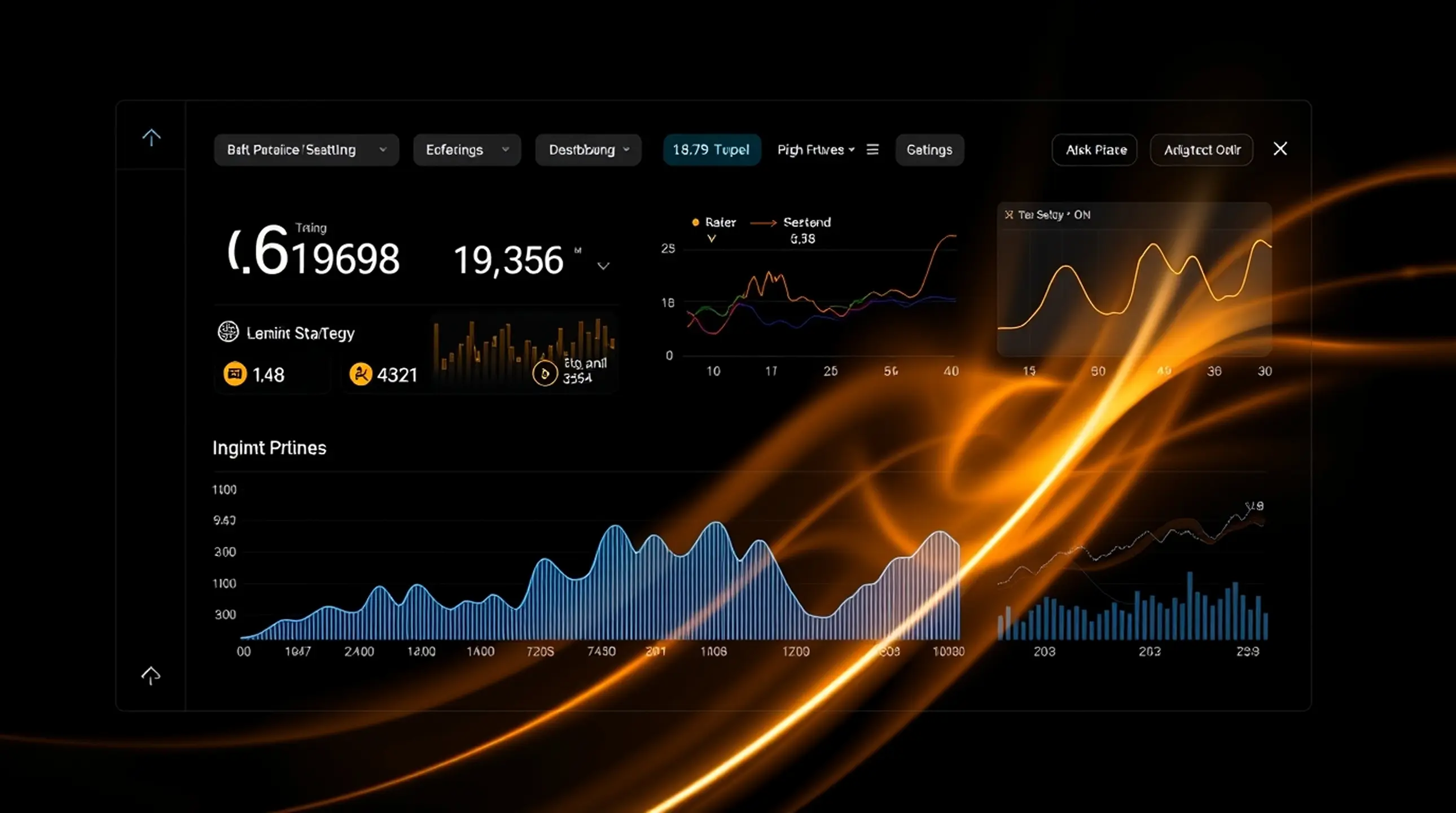Industrial operations are vital for economic growth, but they often come with a significant environmental footprint, particularly in the form of emissions into the air, water, and soil. Managing and controlling these emissions is a complex challenge for industries, not only due to environmental responsibility but also stringent regulatory compliance requirements. Traditional emission control often relies on periodic manual monitoring and reactive responses to exceedances. The sheer volume of real-time sensor data and operational parameters makes **Artificial Intelligence and advanced analytics** indispensable for achieving precision emission management.
At Zyllica, we harness the power of Artificial Intelligence and advanced analytics to revolutionize industrial emission control. Our methodology transforms emission management from a burdensome necessity into an intelligent, optimized, and highly effective operational advantage. Our approach includes real-time sensor data integration and analysis, predictive emission forecasting, and operational optimization for emission reduction, ensuring proactive compliance.
Implementing AI solutions for data-driven emission control offers profound benefits for industrial companies and environmental agencies. It leads to proactive compliance by anticipating and preventing emission exceedances, improved operational efficiency through optimized processes, and enhanced environmental performance by achieving measurable and continuous reductions in the environmental footprint.
Contact Zyllica's Science Team to discuss how AI can ensure compliance, optimize operations, and enhance your environmental stewardship.
More Thought-Provoking Insights

In a world facing unprecedented threats to biodiversity, traditional conservation efforts often struggle to keep pace. This article explores how AI and advanced predictive models can transform conservation from a reactive battle into a proactive, intelligent, and highly effective strategy.

Urban safety is a core concern for municipalities worldwide. This article explores how AI and predictive analytics can transform traditional reactive policing into a proactive science, optimizing resource allocation and building safer, more efficient cities.

The agricultural sector faces increasing global food demand and climate volatility. This article explores how AI transforms traditional farming into a precision science, enabling agribusinesses to enhance crop yield, optimize resource allocation, and build a more resilient food supply chain.